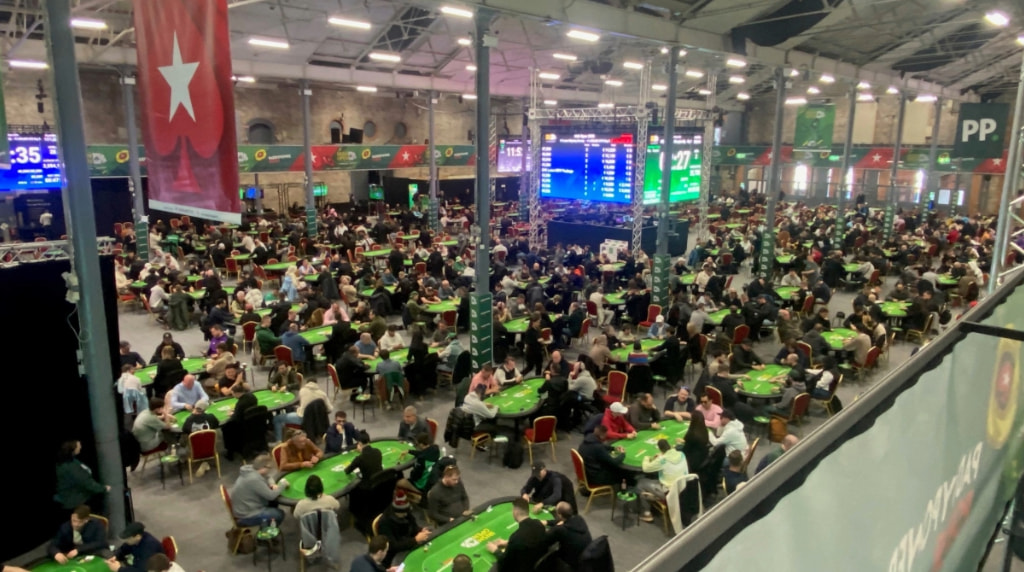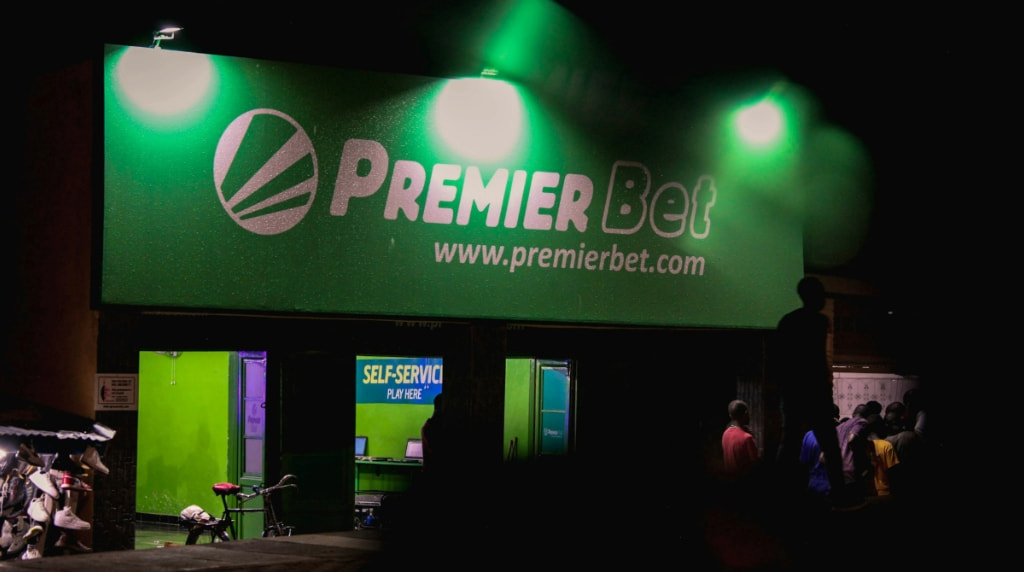Penalties Imposed on Two Illegal Operators in the Netherlands
Gambling operators Winning Poker Network and Goldwin Limited have been slapped with different fines in the Netherlands. The Dutch Gambling Authority, de Kansspelautoriteit (KSA), issued these penalties on both operators because they offered gambling services in the regulator’s jurisdiction without a valid license. The illegal activity of both operators was detected much earlier, after which the KSA warned them. Goldwin Limited ceased its operation after the warning and had to pay a €239,000 fine, with a maximum of €717,000. Winning Poker Network did not cease its illegal operation and saw the imposition of weekly fines of €25,000, which could go up to a maximum of €75,000.

Gambling operators Winning Poker Network and Goldwin Limited have been slapped with different fines in the Netherlands.
©Jace & Afsoon/Unsplash
The Dutch gambling market is one of the newest in Europe, as regulation of it commenced in October 2021. The legalization of gambling activities could have happened earlier, but the Covid-19 pandemic caused a few unwanted delays. Land-based operators suffered the most during the lockdowns, but the delay in legalization also halted iGaming operators from offering their services online. Eventually, the Dutch Remote Gambling Act (KOA) was in place, and it paved the way for several online gambling operators who were looking to expand their operations across Europe. In almost all regulated gambling jurisdictions around the world, the segment of online gaming is booming. Day after day, more and more people choose convenience by opting for gambling activities available via mobile phone apps or websites accessed from computers and laptops. According to the KSA, the online segment in the Netherlands is expected to show steady growth and mark an annual activity increase of 13 to 15 percent every year.
The KSA is a central supervisory body that moderates and regulates the Dutch gambling market. It is also responsible for issuing licenses for land-based and iGaming operators. Less than a year after the regulation started, the KSA noted that 92 percent of all Dutch gamblers opted exclusively for licensed operators for all their gambling activities. As more and more people knew about the cons of gambling on unlicensed platforms, they switched to licensed providers immediately. Last year, 98 percent of the newly registered players gambled on licensed platforms. A small number of people still choose illegal platforms, primarily because of the lucrative offers they have on the offered games. Under the gambling law of the Netherlands, there are several obligations for all licensed gambling operators that ensure player safety. In addition, there are strict limitations on bonuses and offers. All licensed gambling operators must pay a license fee and are subject to taxation. Unlicensed operators are not concerned by any of these laws and continue offering services and promotions at their own whim.
However, entering regulated jurisdictions illegally involves many risks as it could hamper the gambling operator’s credibility in the global market and result in massive fines, depending on the jurisdiction’s laws. Very few gambling regulators worldwide show leniency in this matter, and the KSA is not one of them. Going by the book, the Dutch Gambling Authority has never shied away from notifying illegal operators and fining them if the offenses do not cease. Recently, two such operators were slapped with weekly fines. Costa Rica-based Winning Poker Network and Malta-based Goldwin Limited were found guilty of targeting Dutch gamblers via their platforms without a valid gambling permit. The former primarily offers virtual poker, while the latter is known for various online casino games. Both operators were sent warnings to cease their unlicensed activity in the Netherlands. After the notice, Goldwin Limited stopped offering its services in the country. However, Winning Poker Network continued with its operation. Goldwin was fined €239,000, while a weekly fine of €25,000 was imposed on Winning Poker Network.
After the initial warning, Winning Poker Network acknowledged it and stopped offering its services to people inside the KSA’s jurisdiction via americascardroom.eu. However, another domain (truepoker.eu) that the same operator owned was still accessible to Dutch gamblers. After noticing that, the weekly penalty was imposed. Meanwhile, Goldwin Limited offered online gambling via its website westcasino.com, without possessing a valid license. Its activity ceased after initial contact with the Dutch regulator. Despite not getting a weekly penalty, the operator was fined €239,000, with a maximum of €717,000. If Goldwin decides to restart its illegal operation in the Netherlands, the same penalty will come into force. The chairman of the KSA, Rene Jansen, stated that eliminating illegal gambling activities will make legal operators understand the value of gambling permits.
“It must pay off for providers of games of chance to offer their games legally. That is only possible if we take the wind out of illegal supply. We are fully committed to stopping these practices.”
The advertising ban comes into effect on July 1
While the battle against illegal gambling activities continues, KSA will gladly welcome the untargeted advertising ban on online gambling and related activities. The primary purpose of this ban is to boost player safety measures by protecting the vulnerable and young audiences of the country. The regulator has already alerted all licensed operators about this ban. Hence, any online gambling advertising activity via arcades, cafes, cinemas, billboards, bus shelters, newspapers, magazines, and more will be strictly prohibited. If any operator breaches these new regulations, it will face a fine and risk losing its license if the violation is repeated.
Under specific conditions, online gambling advertising via social media, on-demand TV, and direct mailing is still allowed. However, the regulator has laid down many conditions for these promotions. One of the conditions states that 95 percent of the individuals viewing an online gambling ad must be either 24 years old or older than that. Operators can continue advertising their services on their own website, as that is also not covered under the ban. Protecting young and vulnerable audiences is the primary concern for KSA, and hence, the Dutch regulator will punish targeted advertising directed at such individuals.
Licensed operator fined for targeting young adults with ads
The new online gambling advertising regulations will come into effect on July 1. However, targeting young adults via any advertisement or marketing campaign has always been a serious offense. Lately, Bingoal was unaware of these regulations because the licensed operator sent advertising messages to young adults aged between 18 to 24 during a TV program called Kassa between October 2021 and March 2022.
As a result, a massive fine of €400,000 was imposed by the KSA on the Belgian-based operator. This was the fifth occasion on which the Dutch regulator had to impose a hefty fine for a violation involving targeting young adults with gambling advertising. These strict actions from the regulator show how it is equally stern when fighting illegal operators and ensuring compliance with the law from licensed operators.



